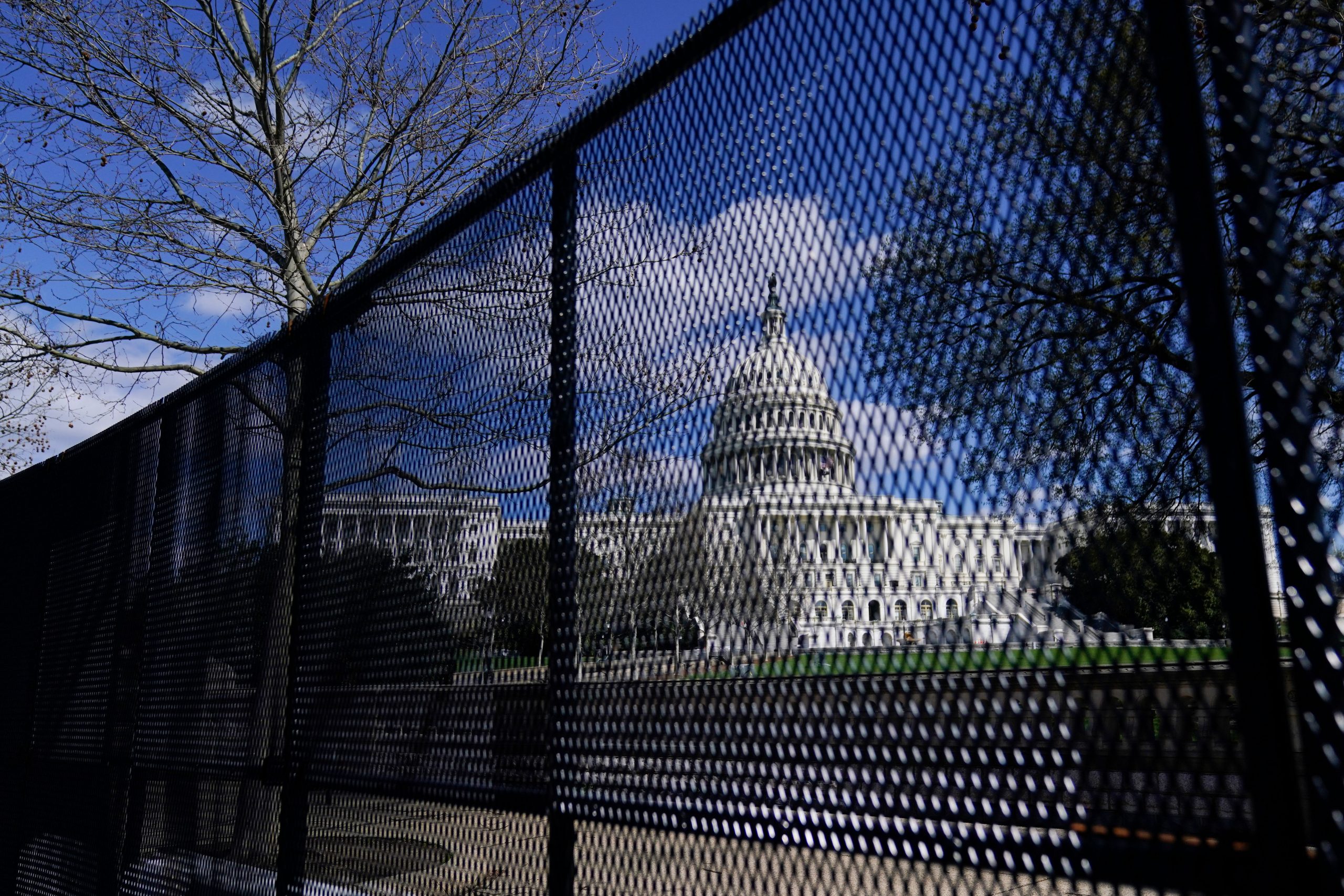Senators gave final congressional approval Thursday to a bill barring imports from China’s Xinjiang region unless businesses can prove they were produced without forced labor, overcoming initial hesitation from the White House and what supporters said was opposition from corporations.
The measure is the latest in a series intensifying U.S. penalties over China’s alleged abuses of ethnic and religious minorities in the western region, especially Xinjiang’s millions of predominantly Muslim Uyghurs. The Biden administration also announced new sanctions Thursday targeting several Chinese biotech and surveillance companies, and government entities, for their actions in Xinjiang.
Also Read: Most countries won’t impose diplomatic boycott on Winter Olympics: IOC
The Senate vote sends the bill to President Joe Biden. Press secretary Jen Psaki said this week that Biden supported the measure, after months of the White House declining to take a public stand on an earlier version of the legislation.
The United States says China is committing genocide in its treatment of the Uyghurs. That includes widespread reports by rights groups and journalists of forced sterilization and large detention camps where many Uyghurs allegedly are compelled to work in factories.
China denies any abuses. It says the steps it has taken are necessary to combat terrorism and a separatist movement.
Xinjiang is a resource-rich mining region, important for agricultural production, particularly cotton and tomatoes, and home to a booming industrial sector.
As in the House earlier this week, the sweeping import ban passed the Senate with overwhelming approval from Democrats and Republicans.
“The United States is so reliant on China that we have turned a blind eye to the slave labor that makes our clothes, our solar panels, and much more,” Sen. Marco Rubio, a Florida Republican who introduced the earlier version of the legislation with Oregon Democratic Sen. Jeff Merkley, said this week after House passage. “That changes today.”
Swift passage of a compromise version through both houses comes after what supporters said was offstage opposition from corporations with manufacturing links to China, although there was little to no overt opposition. Some Uyghur rights advocates and others said they had also feared private opposition from within the Biden administration as it sought cooperation from the Chinese on climate change and other issues.
Psaki, in her statement Tuesday night, cited import controls, sanctions, diplomatic initiatives and other measures that the Biden administration had already taken targeting forced labor from Xinjiang.
“We agree with Congress that action can and must be taken to hold the People’s Republic of China accountable for genocide and human rights abuses and to address forced labor in Xinjiang,” Psaki said.
Julie Millsap, a spokeswoman for the Campaign for Uyghurs advocacy group, credited a “strong response from human rights organizations and politicians,” including outspoken support from House Speaker Nancy Pelosi, with helping get the bill passed.
The legislation requires government agencies to expand their monitoring of the use of forced labor by China’s ethnic minorities. Crucially, it creates a presumption that goods coming from Xinjiang are made with forced labor. Businesses will have to prove that forced labor played no part in a product to bring it into the United States.
Meanwhile, new sanctions Thursday from the Commerce Department targeted China’s Academy of Military Medical Sciences and its 11 research institutes that focus on using biotechnology to support the Chinese military.
The move will bar American companies from selling components to the entities without a license.
China “is choosing to use these technologies to pursue control over its people and its repression of members of ethnic and religious minority groups,” Commerce Secretary Gina Raimondo said in a statement. “We cannot allow U.S. commodities, technologies, and software that support medical science and biotechnical innovation to be diverted toward uses contrary to U.S. national security.”
The Treasury Department is also expected to issue new penalties against several Chinese entities, according to a senior administration official who spoke on the condition of anonymity to discuss the soon-to-be-announced moves.
Also Read: ‘Baseless’: US condemns China’s sanctions against 2 Americans over Xinjiang
The official, explaining the Commerce and Treasury department actions, noted that U.S. intelligence has established that Beijing has set up a high tech surveillance system across Xinjiang that uses biometric facial recognition and has collected DNA samples from all residents, ages 12 to 65, in Xinjiang as part of a systematic effort to suppress Uyghurs.
The department, in a rule detailing its decision, said a review by multiple federal agencies had determined that the Chinese academy and research institutes “use biotechnology processes to support Chinese military end uses and end users, to include purported brain-control weaponry.”
The White House announced last week it would stage a diplomatic boycott of the upcoming Winter Olympics in Beijing, citing China’s “egregious human rights abuses and atrocities in Xinjiang.” U.S. athletes will continue to compete but Biden will not send the usual contingent of dignitaries.
The Chinese Embassy in Washington did not immediately respond to a call and email seeking comment.






